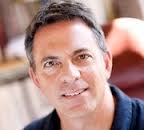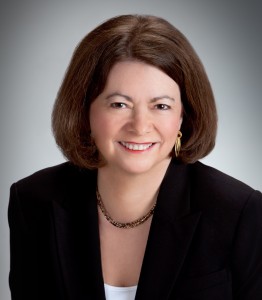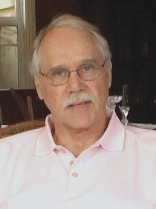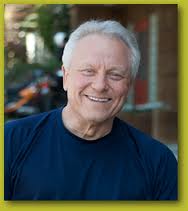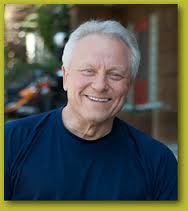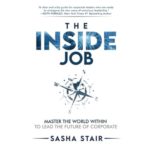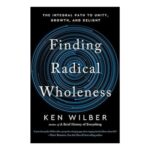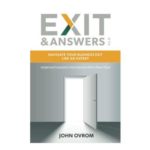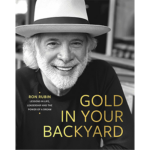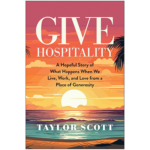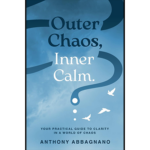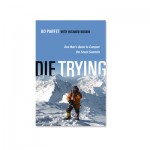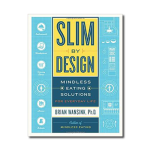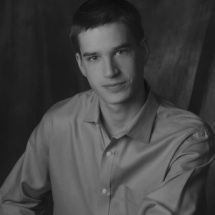 I recently interviewed Cal Newport a Georgetown University professor of computer science about his new book entitled “So Good They Can’t Ignore You“. Cal’s book title is taken from advice that comedian Steve Martin once gave to aspiring entertainers and that was to “be so good they can’t ignore you.”.
I recently interviewed Cal Newport a Georgetown University professor of computer science about his new book entitled “So Good They Can’t Ignore You“. Cal’s book title is taken from advice that comedian Steve Martin once gave to aspiring entertainers and that was to “be so good they can’t ignore you.”.
Cal bunks the advice that we should follow our passion, or do what we love and the money will follow. He cites that in Steve Jobs’ famed address to the graduating class of Stanford that he advocated to “follow your passion”. Cal states that the evidence shows that this advice will do your career more harm than good. Cal reveals that loving what you do is a wise goal, but following your passions isn’t the way to get there. ” Stop trying to figure out what you are passionate about, instead the secret to building a career you love is to develop rare and valuable skills that you can then leverage to take control of your livelihood. Get good, and the passion will follow. Not the other way around.
In “So Good They Can’t Ignore You” Cal presents studies and compelling examples that expose the truth about how people end up loving what they do. He cites experience, autonomy, competence and relatedness each play a much bigger role in motivation and job satisfaction and his roadmap for getting you there consist of four easy rules: 1) Don’t Follow Your Passion 2) Be So Good They Can’t Ignore You (The Importance of Skill) 3) Turn Down a Promotion (Importance of Control) 4) Think Small, Act Big( The Importance of Mission).
If you take Cal’s advice he states that you will create career capital, and science tells us that the key to loving what you do is to have important traits such as autonomy, competence, creativity and a sense of impact in your working life. These traits are rare and valuable. Basic economics tells us that if you want these traits in your career, you mist build up rare and valuable skills to offer in return. In other words, until you are very good at something, you shouldn’t expect a very good job.
If you are new to the job market or a seasoned veteran the advice that Cal presents in “So Good They Can’t Ignore You” is compelling and sound. I highly recommend reading Cal’s new book, and applying the principles and advice he has for the reader. I
f you would like more information about Cal Newport you can visit his blog by clicking here. I hope you enjoy my interview with author Cal Newport about his new book “So Good They Can’t Ignore You.”
